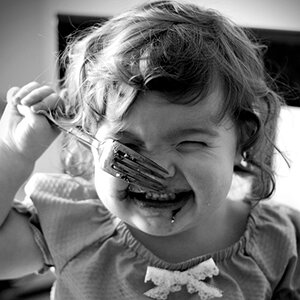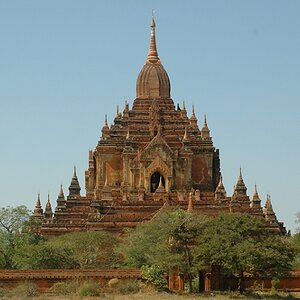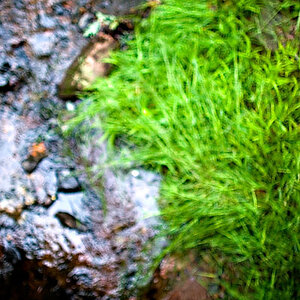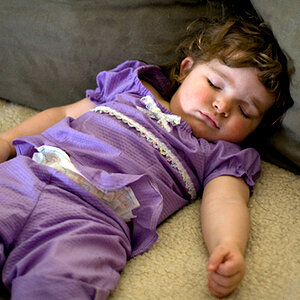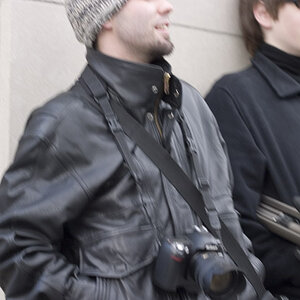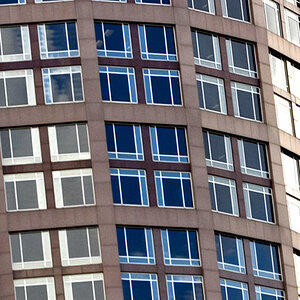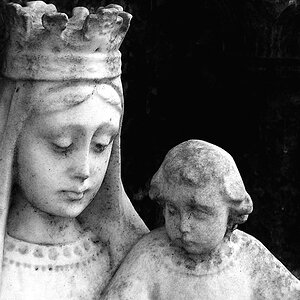donny1963
No longer a newbie, moving up!
- Joined
- Dec 15, 2015
- Messages
- 372
- Reaction score
- 30
- Can others edit my Photos
- Photos NOT OK to edit
Ok so who out there Believes that a Full Frame Camera, gathers more light then a crop sensor camera?
Or Who believes that a larger sensor gathers more then vs a smaller sensor??
Or Who believes that a larger sensor gathers more then vs a smaller sensor??


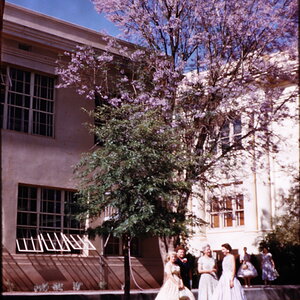
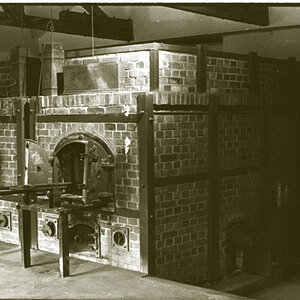
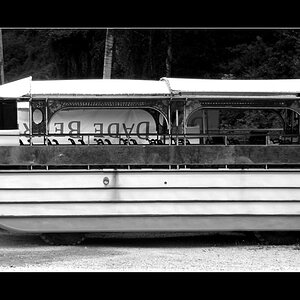
![[No title]](/data/xfmg/thumbnail/42/42257-4c4b35d60337b1b4ec661332486a33be.jpg?1619740066)

